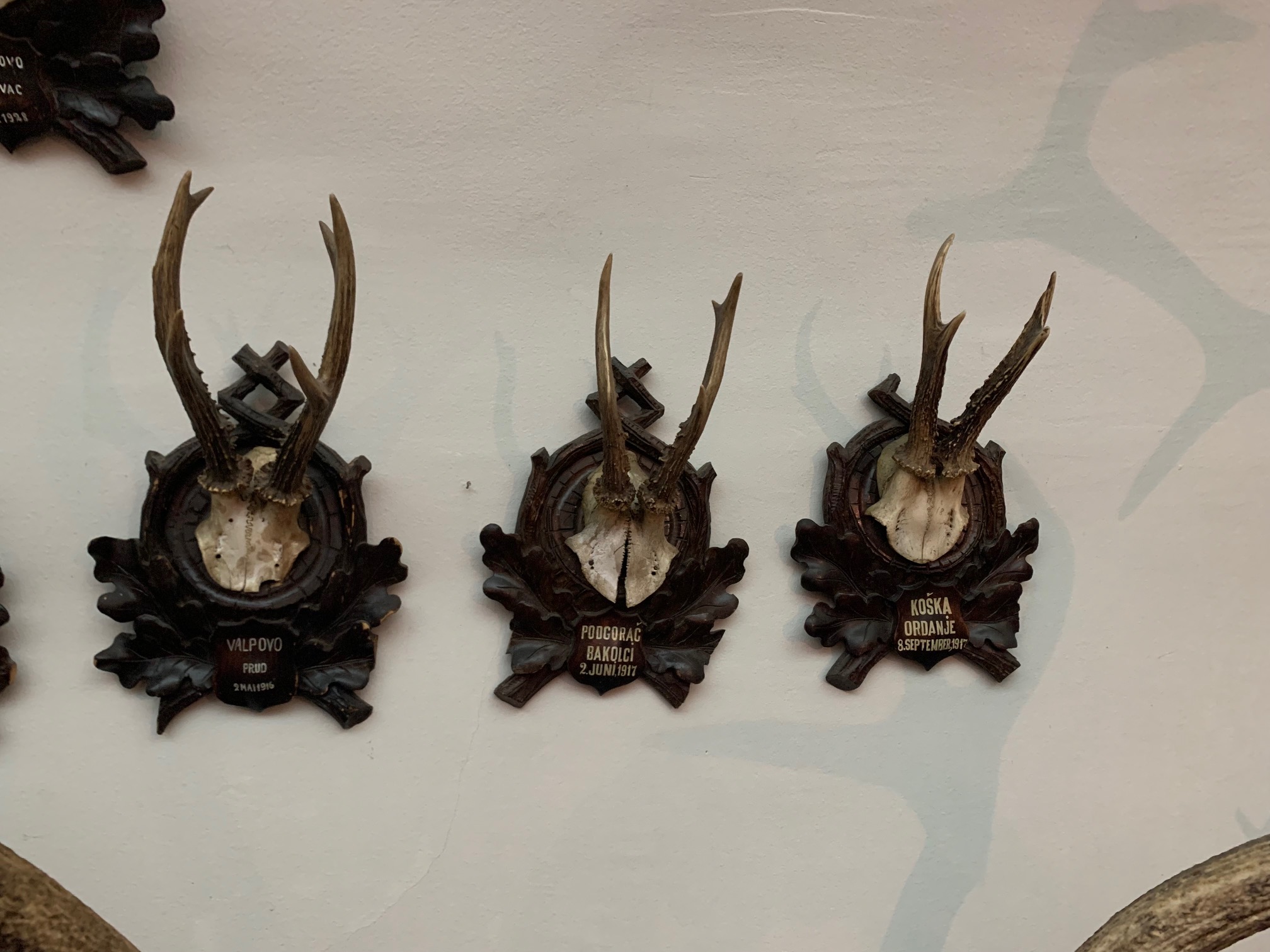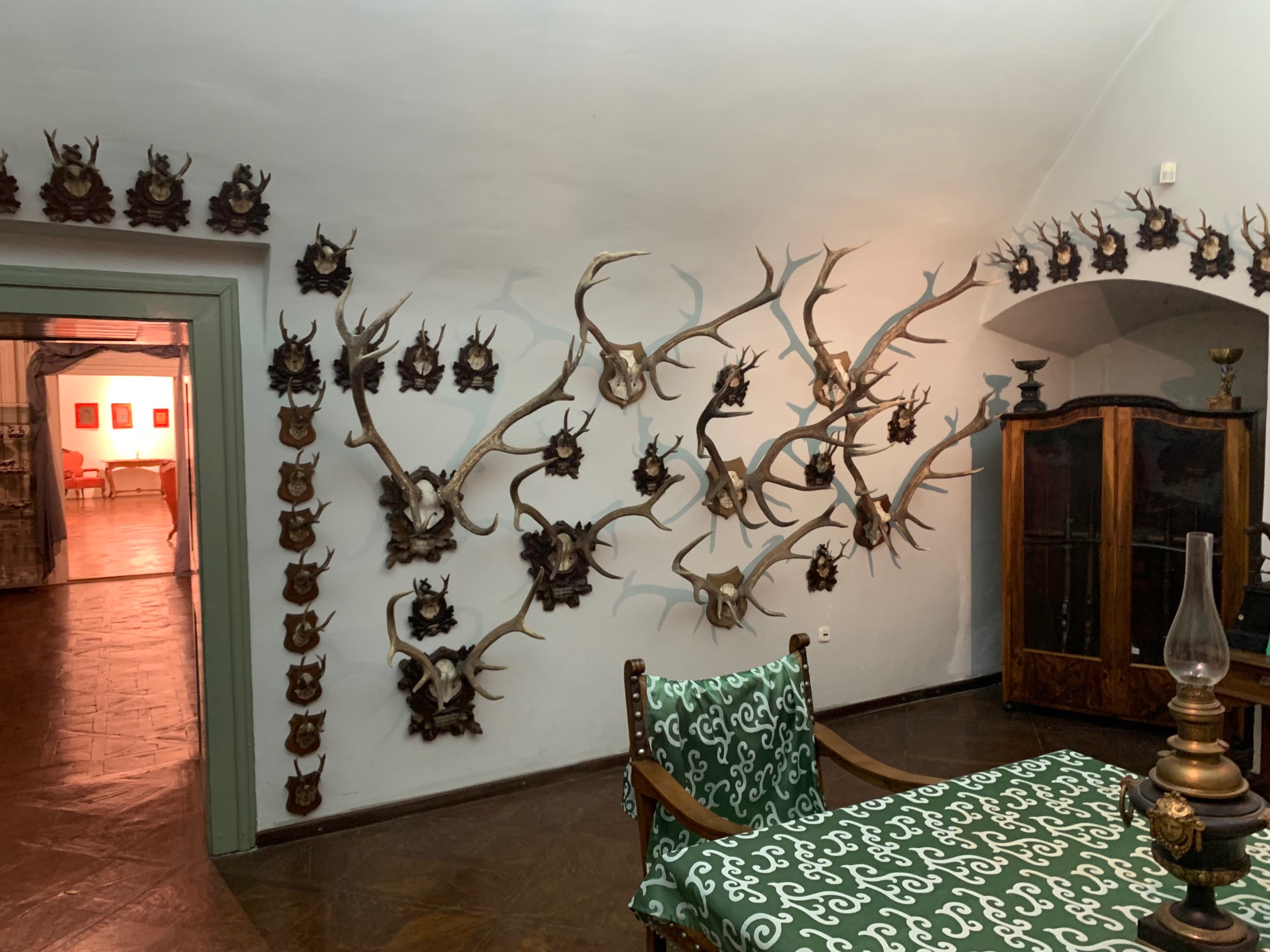On location reporting from the 10th International Deer Biology Congress (IDBC) in Osijek, Croatia, Duane submitted a report on antlers and their role in cancer research and treatment. We have covered this topic previously on the blog. It’s fascinating and complex.
Nearly all research on antler physiology has originated from Europe. Probably the best known biologist to study antlers was George Bubenik, a professor at the University of Guelph in Canada. But he came to North America from Czechoslovakia where his father was a well-known deer biologist.

Antler research continues because of their unique properties. Fast-growing bone that rarely ever becomes cancerous. In fact, the presenter only knew of 3 instances of antlers with cancer – 1 from the U.S. and 2 discovered in China. While osteochondromas of antlers have been documented multiple times, they are usually benign in nature.
Recent experiments have used antlers in velvet, either injected or taken orally, to study the effects on cancer.
Antlers in velvet can slow the growth of fast-growing cancer but have no effect on slow-growing cancers. And unlike chemotherapy treatments, non-cancerous cells continue to grow undamaged. Chemotherapy treatments do not discriminate between “good” and “bad” cell growth.
To date, this research has either been done in a test tube or with mice. It will be a while before any testing occurs in humans.
The presenter did relay an interesting and striking finding related to study design. He originally disregarded the suggestion to provide the antler treatment orally feeling the animal’s digestive system would render it useless. Instead, he concentrated on delivering the treatment by injection. This was not the case! The treatment worked when administered orally as well. He caused others not to reject ideas when conducting scientific experiments.
It’s a good lesson. Preconceived notions may limit progress and advancement in discoveries.
Duane Diefenbach, Chief Foreign Cervid Correspondent
Jeannine Fleegle, National Cervid News Desk Anchor
